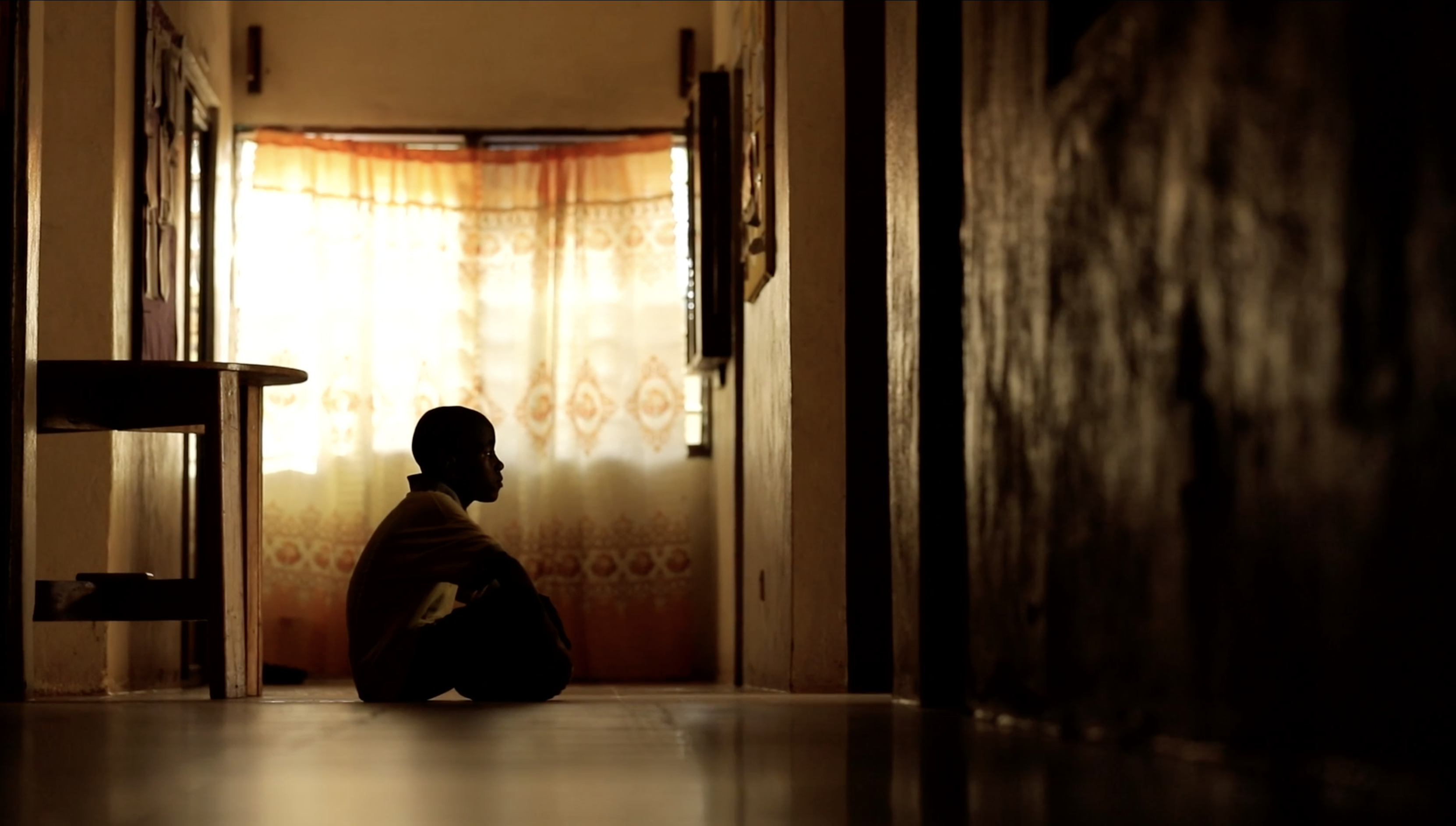
The 5 Myths Orphans Want You To Know
Only family can provide protection, love, and identity.
We all know that’s not a myth. It’s a fact.
Another fact. When children are orphaned or separated from family, they are at higher risk of trauma and trafficking.
The first line of defense is always a family who lovingly cares for their child—but when that’s lost, we turn to a centuries-old solution: the orphanage.
But when a child grows up in an orphanage, their essential mental and emotional needs are never met like they are in a home. A child’s sense of belonging—which sets them up for relational connection and success in adulthood—is always stunted in an institution.
In short, the longer a child is separated from their family, the more trauma they endure.
If that’s the case—why are so many children funneled into orphanages?
It’s because not everything we’ve grown up believing about the global orphan crisis is actually fact.
So—it’s time to separate fact from fiction.
Here are the five myths every orphan wants you to know.
.......................
Myth #1
If I’m in an orphanage, I have no parents or family members
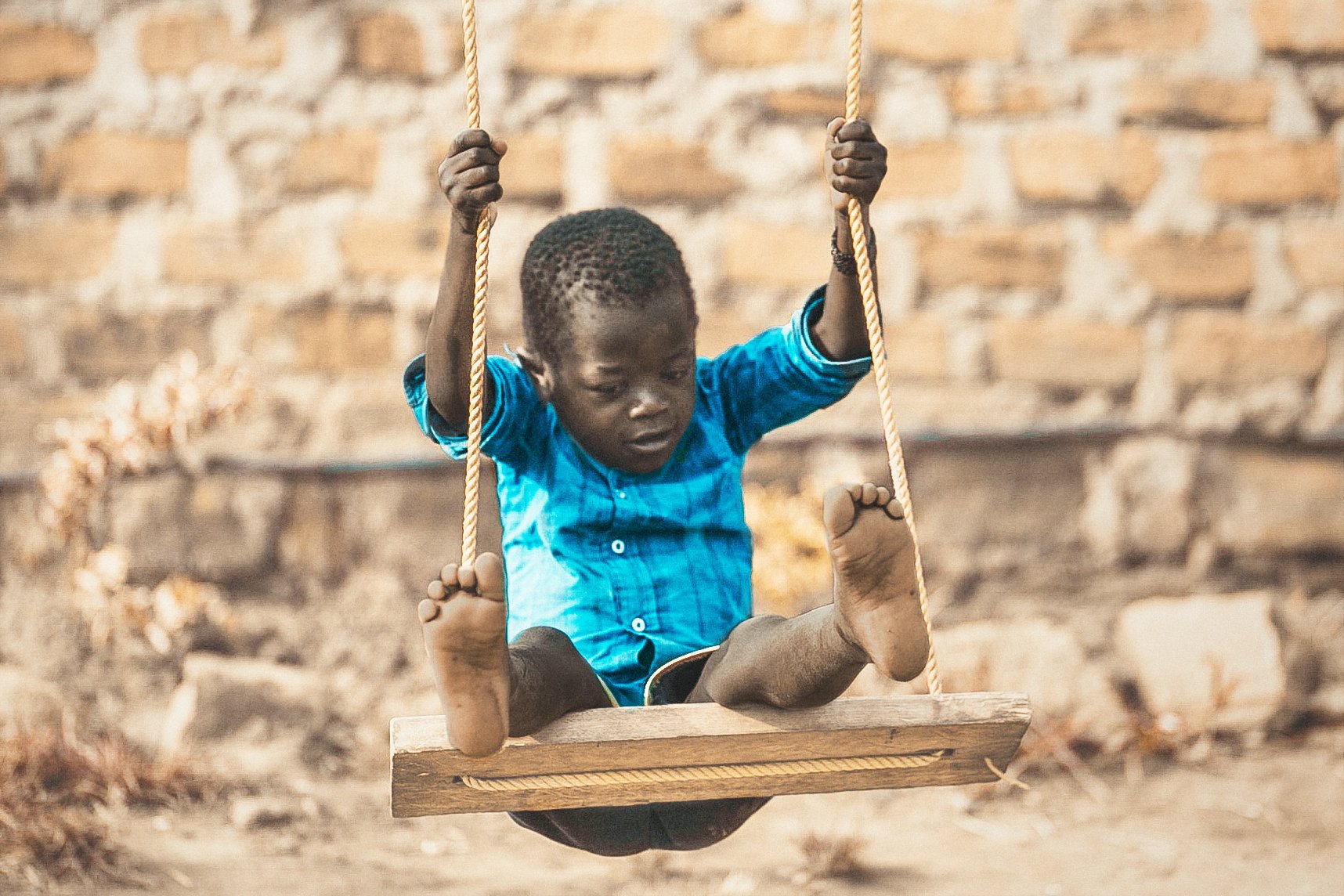
On average, 80% of children living in orphanages actually have at least a living parent that given the right support could care for them. Even those without a living biological parent have a grandparent, aunt or uncle, also willing to help. Often, a limitation (such as poverty) makes a parent feel they have no choice but to send their child to an orphanage: the one place assumed to guarantee food, shelter and education. in an effort to do what’s best, the child is separated from their family.
.......................
Myth #2
It’s better to live in my orphanage than in poverty
 But is it really better to have these needs met, at the cost of your family splitting apart? Eliminating poverty in underdeveloped countries—and our own neighborhoods—should concern every individual. However, we all have different definitions of what poverty actually looks like. Not only that, placing a child in an orphanage because of genuine need isn’t addressing the root causes of their deepest heart needs: connection in family. Tragically, this response pulls the child and family deeper into lack, by impoverishing their relational and mental health.
But is it really better to have these needs met, at the cost of your family splitting apart? Eliminating poverty in underdeveloped countries—and our own neighborhoods—should concern every individual. However, we all have different definitions of what poverty actually looks like. Not only that, placing a child in an orphanage because of genuine need isn’t addressing the root causes of their deepest heart needs: connection in family. Tragically, this response pulls the child and family deeper into lack, by impoverishing their relational and mental health.
.......................
Myth #3
If I leave my orphanage, I can’t get an education

Every child has the right to education, and it’s a fundamental part of a healthy child’s development. But staying in an orphanage in order to receive education is not the only option. Children thrive in families, not institutions. Organizations like 1MILLIONHOME help keep children with their families by subsidizing the child’s educational costs, repurposing orphanages to become community day schools, and providing educational support to families.
.......................
Myth #4
It’s better to live in an orphanage than with my abusive family
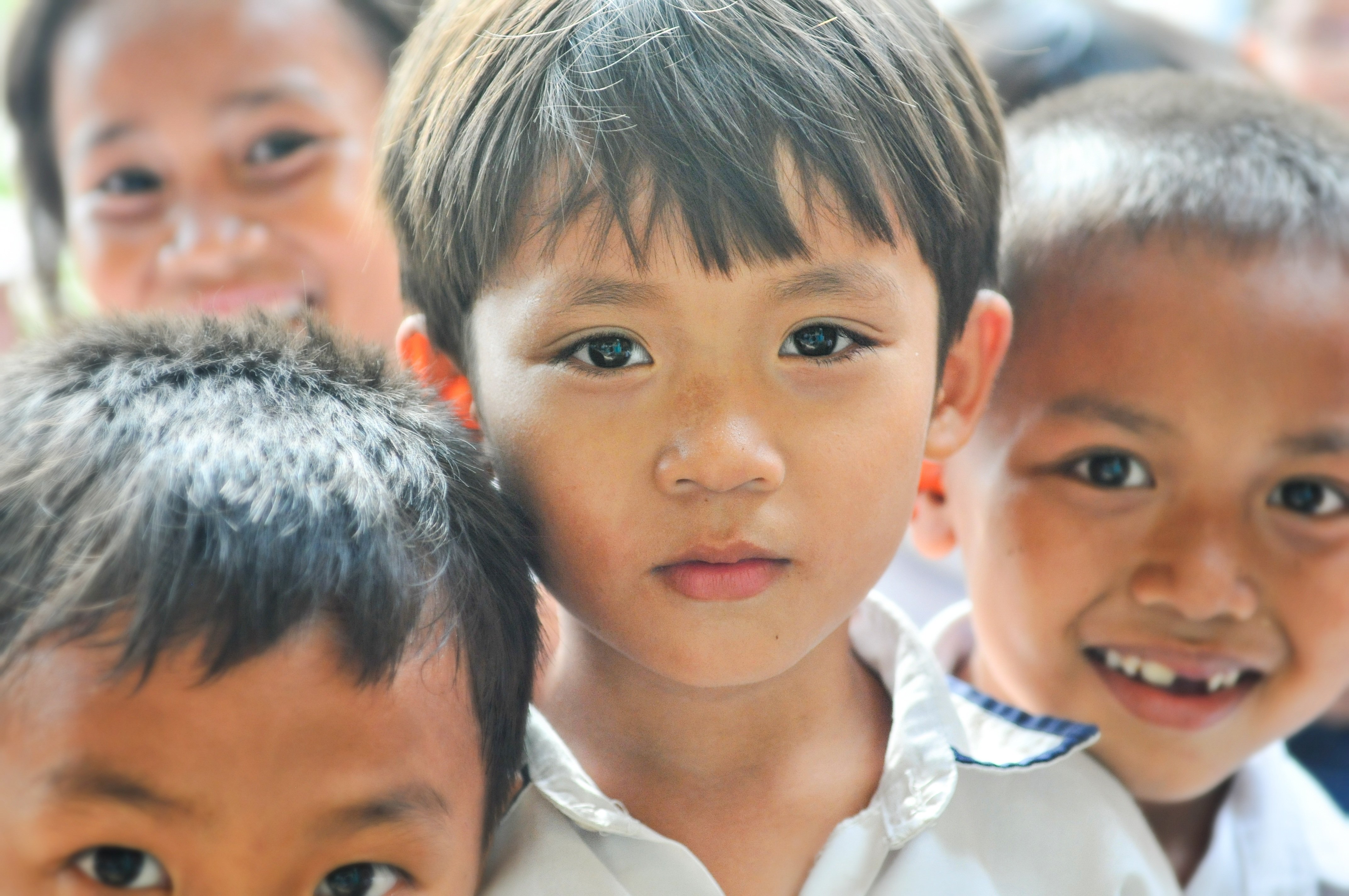
When a child is in an abusive situation, there are no winners. Child protection agents might place an abused or neglected child in protective residential care, and it can be healthy in the short-term. However, it should never be the permanent solution. Sadly, the prevalence of abuse and neglect in orphanages is typically much higher than in families. This includes “well-run” orphanages funded by religious organizations and churches. A community has failed its children if the only two options are to be abused or to grow up in an orphanage. Thankfully—these don’t have to be our only options. 1MILLIONHOME has no tolerance for abuse. When reunification with any family member is not a safe option then adoption is necessary for the child to thrive in a loving family.
.......................
Myth #5
My problems are impossible to solve
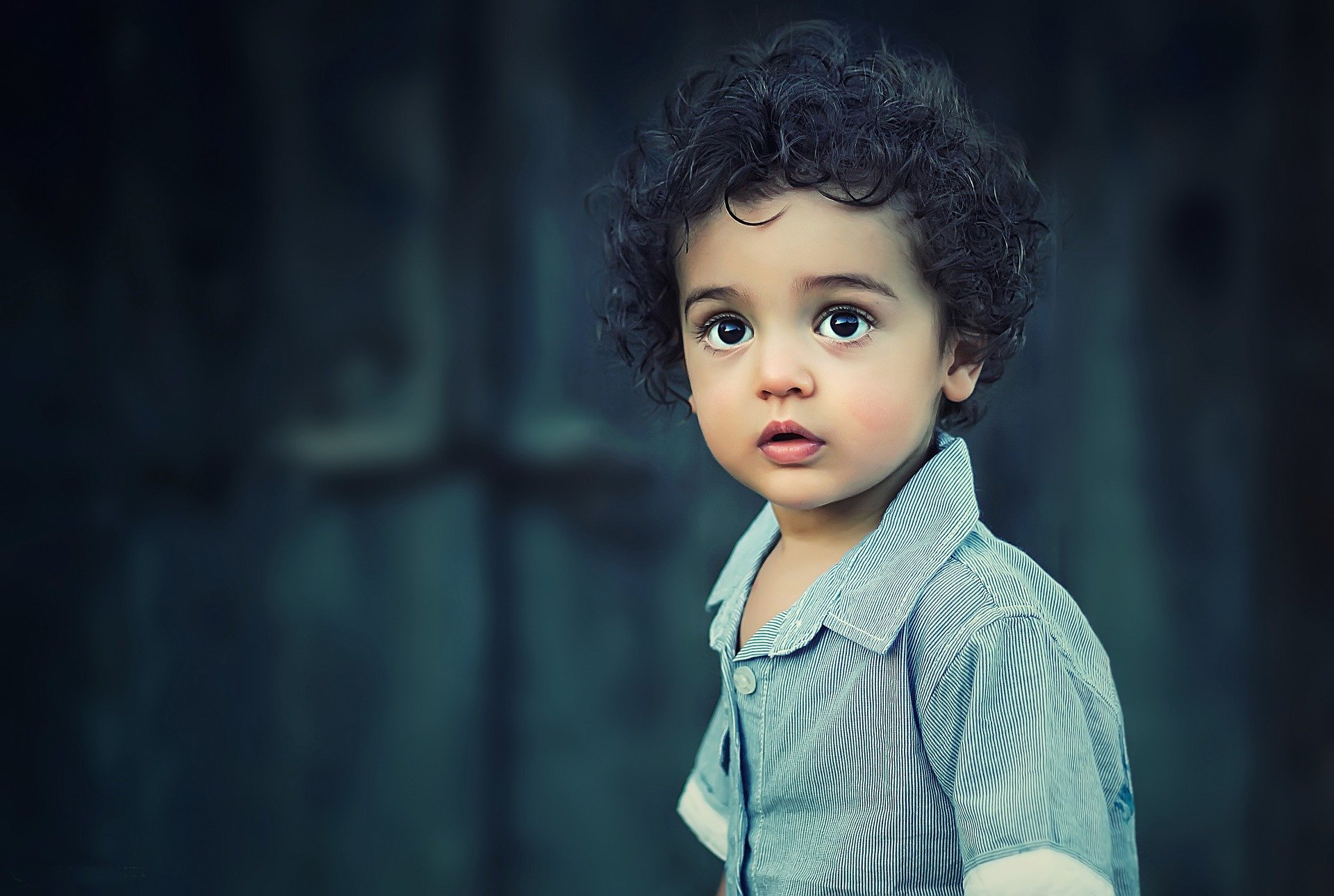
These issues are solvable. Although family separation, poverty, lack of education, and abuse are not fixed overnight, they have solutions that have been developed and proven successful. Dozens of orphanages have been transformed into family reunification centers, with social workers working closely with families to support and strengthen them in their community. And because supporting a child in a home goes ten times further than supporting them in an institution, funding goes to more children than ever before.
However, there’s another side to this myth. Often we think the only solution to these issues is through personally adopting a child or donating money to orphanages.
.......................
A BETTER SOLUTION
1MILLIONHOME supports practices that keep families together, not separated in institutions or on the streets. How?
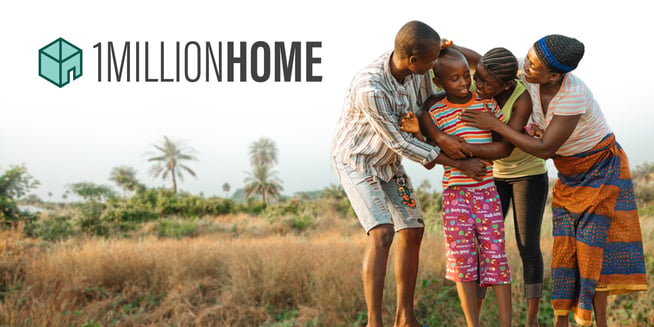
.......................
REUNIFICATION WHEN POSSIBLE
80% of “orphans" can safely return home to their own family.
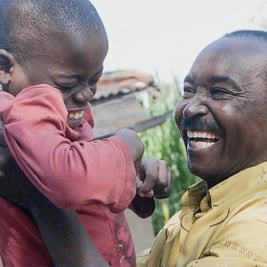
.......................
ADOPTION WHEN NECESSARY
20% of kids need an adopted family to thrive in a safe, loving home.
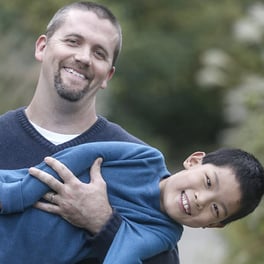
Click to learn more about the 1MILLIONHOME campaign.
sources:
Families Not Orphans https://www.thinkchildsafe.org/thinkbeforevisiting/resources/Families_Not_Orphanages_J_Williamson.pdf
Why are We Ignoring the Abused Children (https://www.christianpost.com/voices/why-are-we-ignoring-abuse-in-orphanages.html)
